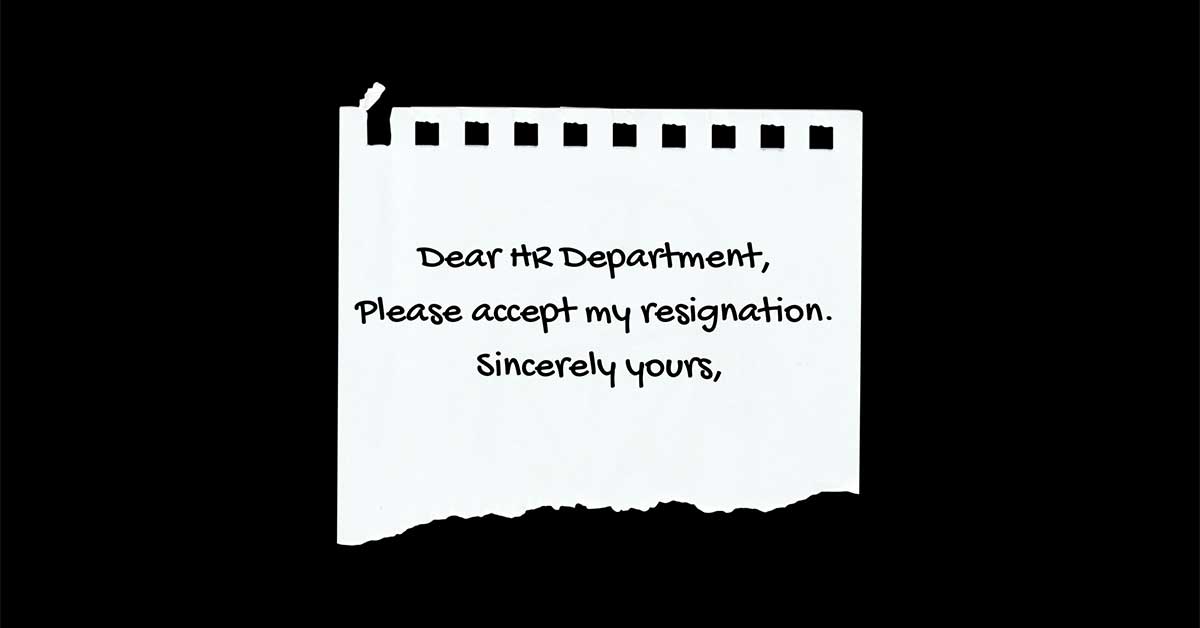Trust is Essential in Building Better Organisations
Trust is the currency of strong values, successful service delivery and great relationships. Put simply, we work to build trust and break down barriers in order to transform organisations, teams and individuals. However, when the level of expectation between two parties differs it can lead to an inherent conflict of trust that is difficult to overcome. While this may seem straightforward, the question for leaders’ is: do we really demonstrate trust in our people, despite what we say?
In our role as a business partner/advisor, we work across a range of industries and projects; trust is a vital ingredient for building relationships and delivering outcomes. It is implied in our approach and an assumption that is necessary to create a basis for real change, working in collaboration with key stakeholders. When we are engaged to partner and deliver outcomes, we provide an open, transparent and collaborative approach; this needs to be mirrored by clients. Working with businesses who use the word trust and collaboration (and their desire to build it within their culture), yet demonstrate micro-management behaviours leads to a feeling of mistrust and frustration for others.
In delivering change trust is paramount whatever your leadership role and micromanagement is counter-productive. It is also often at odds with what has been said as part of the cultural language of a business and individual perceptions of how they view others in building productive working relationships. The issue is not uncommon and there is a volume of research into the impact of micromanaging behaviour on trust and the issues that this creates. In the Harvard Business Review, one commentator notes that “Micromanaging dents your team’s morale by establishing a tone of mistrust—and it limits your team’s capacity to grow.”
Why can trust be such hard work?
Developing new ways of thinking and building collaborative agendas can be really challenging if you do not feel trusted, especially when so much of this relies on authenticity. Our tips for leaders’ are:
- Quite simply, build a culture of trust, do what you say you will do, demonstrate you are trustworthy
- Recognise that some people trust immediately, others take a little while – both are fine, just recognise the pace differences
- Establish agreed expectations with employees and collaborators from the outset – and stick to them;
- Prioritise what you are comfortable to delegate and what you need to take ownership for;
- Listen to your team and step back from the process in order to really hear what they have to say.
To build better organisations and improve performance, trust is essential. This involves a degree of vulnerability and having faith in other people to contribute to the solutions. Trust is an easy word to say and a requirement for any relationship. As leaders’ it is vital that we ask ourselves how we actually demonstrate trust in others, as the ability to grow and develop rests on the individual capacity to give voice to their own values, thoughts and emotions. Trust is at the heart of delivering real change.
The team at Change2020 would like to wish all of our readers a very Merry Christmas and a Happy New Year!



